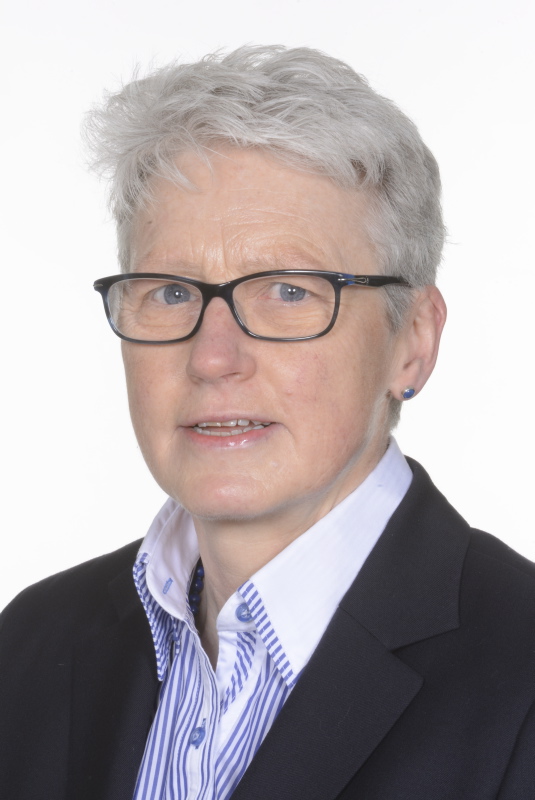A senior Oxford BRC investigator has received major government funding for a new study to support general practitioners to deliver effective remote care to their patients during the COVID-19 pandemic.

Professor Trisha Greenhalgh (pictured right), of the University of Oxford’s Nuffield Department of Primary Care Health Sciences, was awarded £750,000 from the Economic and Social Research Council (ESRC) for a new study entitled ‘Remote-by-Default Care in the COVID-19 Pandemic’, in collaboration with the Nuffield Trust and University of Plymouth.
The study aims to address the technological tools that GP surgeries use to interact with patients; the organisational and wider infrastructure changes that might be required to scale up and deliver better remote care; and what insights can we glean from this time of crisis that will help build a more resilient NHS?
Prof Greenhalgh, the Oxford BRC’s Theme Lead for Partnerships for Health, Wealth and Innovation, said: “Because COVID-19 is so contagious, the way the NHS works has changed dramatically. For the first time since 1948, you can’t walk into a GP surgery and ask to be seen. You must apply online, phone the surgery or contact NHS111. You may then get a call-back (phone or video) from a clinician, or a face-to-face appointment.
“These changes to what used to be the family doctor service are radical, frightening and difficult. They cut to the core of what it is to care and be cared for, and what ‘good’ and ‘excellent’ health services look and feel like. Will the doctor be able to assess you properly by video or phone?”
Prof Greenhalgh’s interdisciplinary group of researchers specialise in the study of complex, technology-supported change in health and care settings. Using a variety of methods, they will:
- Develop tools to help clinicians assess people effectively by phone or video;
- Support the change process through ‘action research’ – that is, working with GP teams to collect relevant data, analyse it together and support its rapid use;
- Using collaborative improvement techniques, strengthen the supporting infrastructure for digital innovation in the NHS.
The ESRC, a part of UK Research and Innovation (UKRI), is the UK’s largest organisation for funding research on economic and social issues.